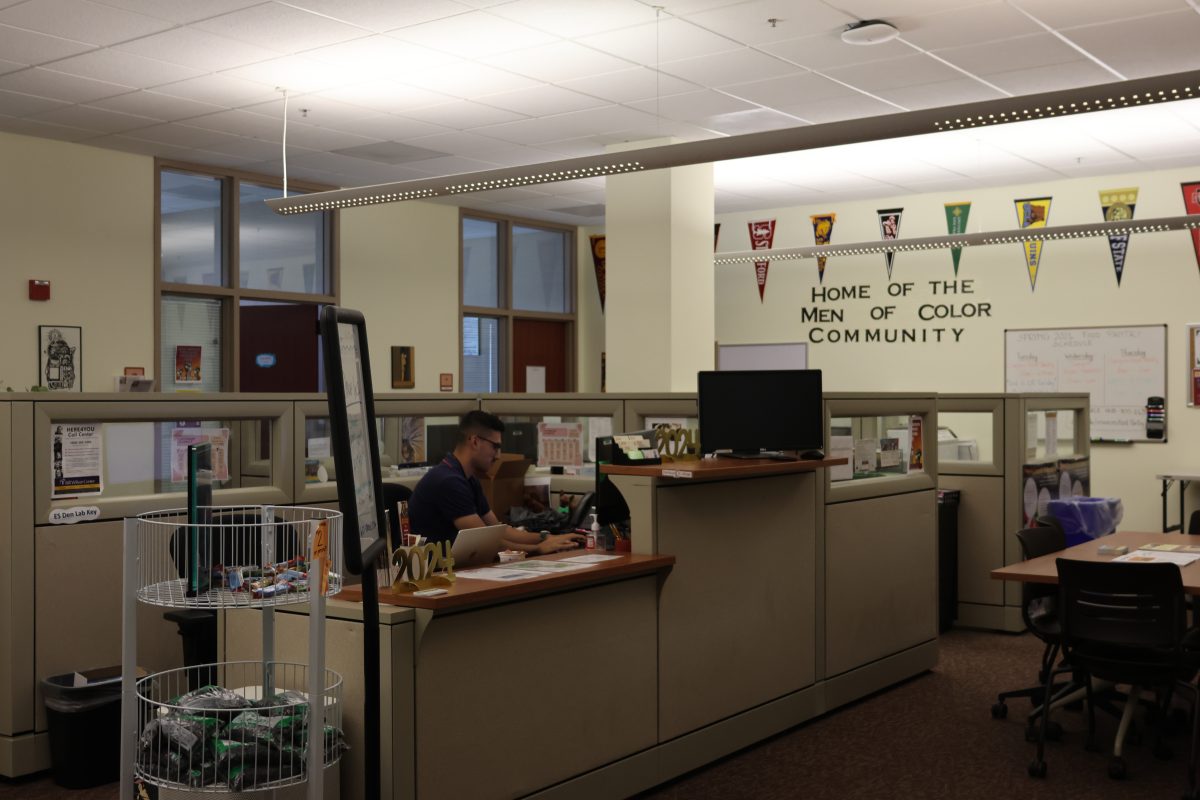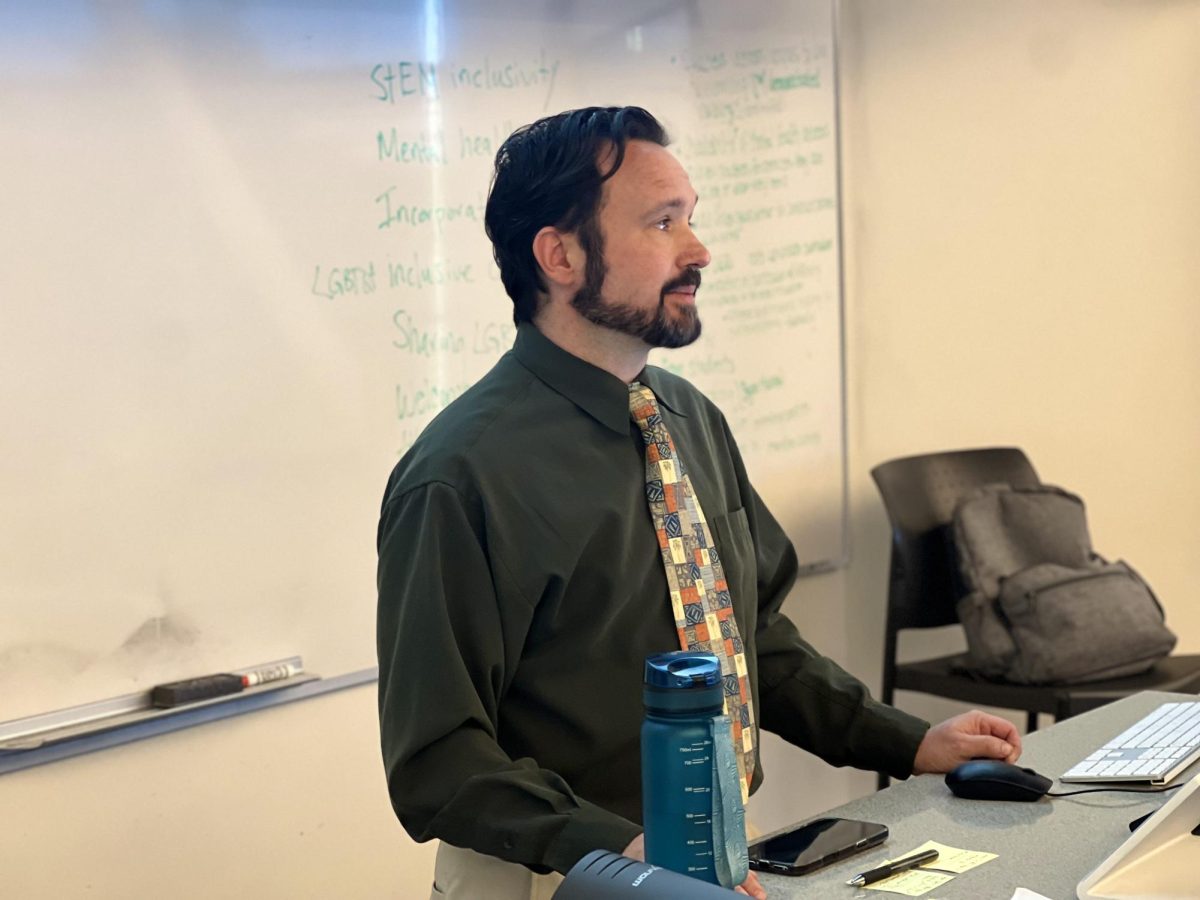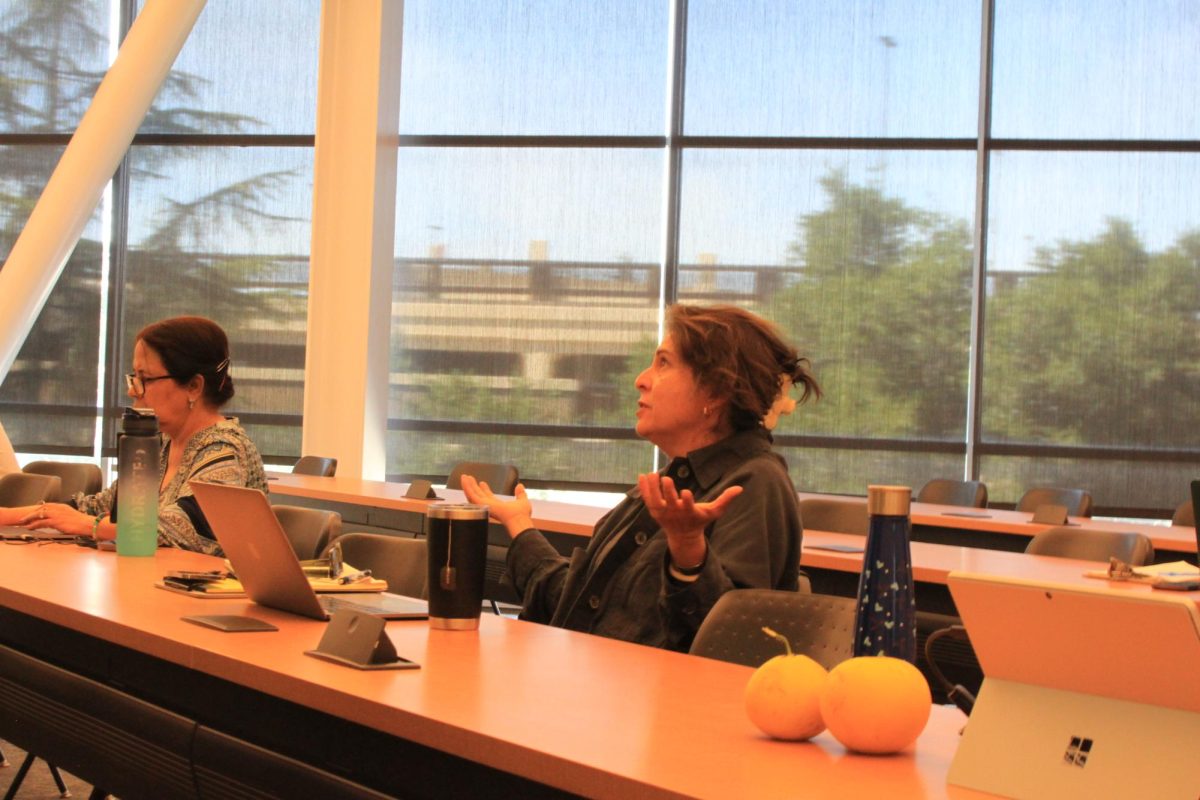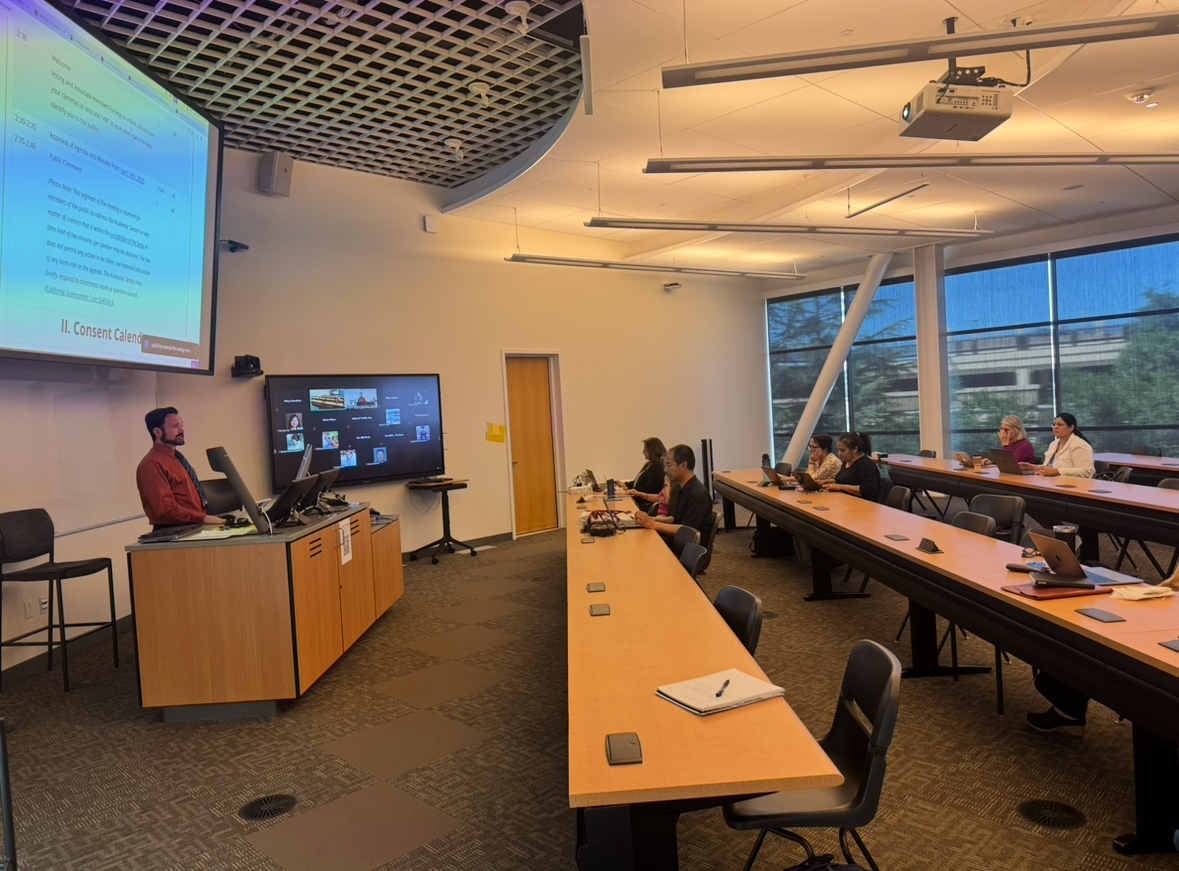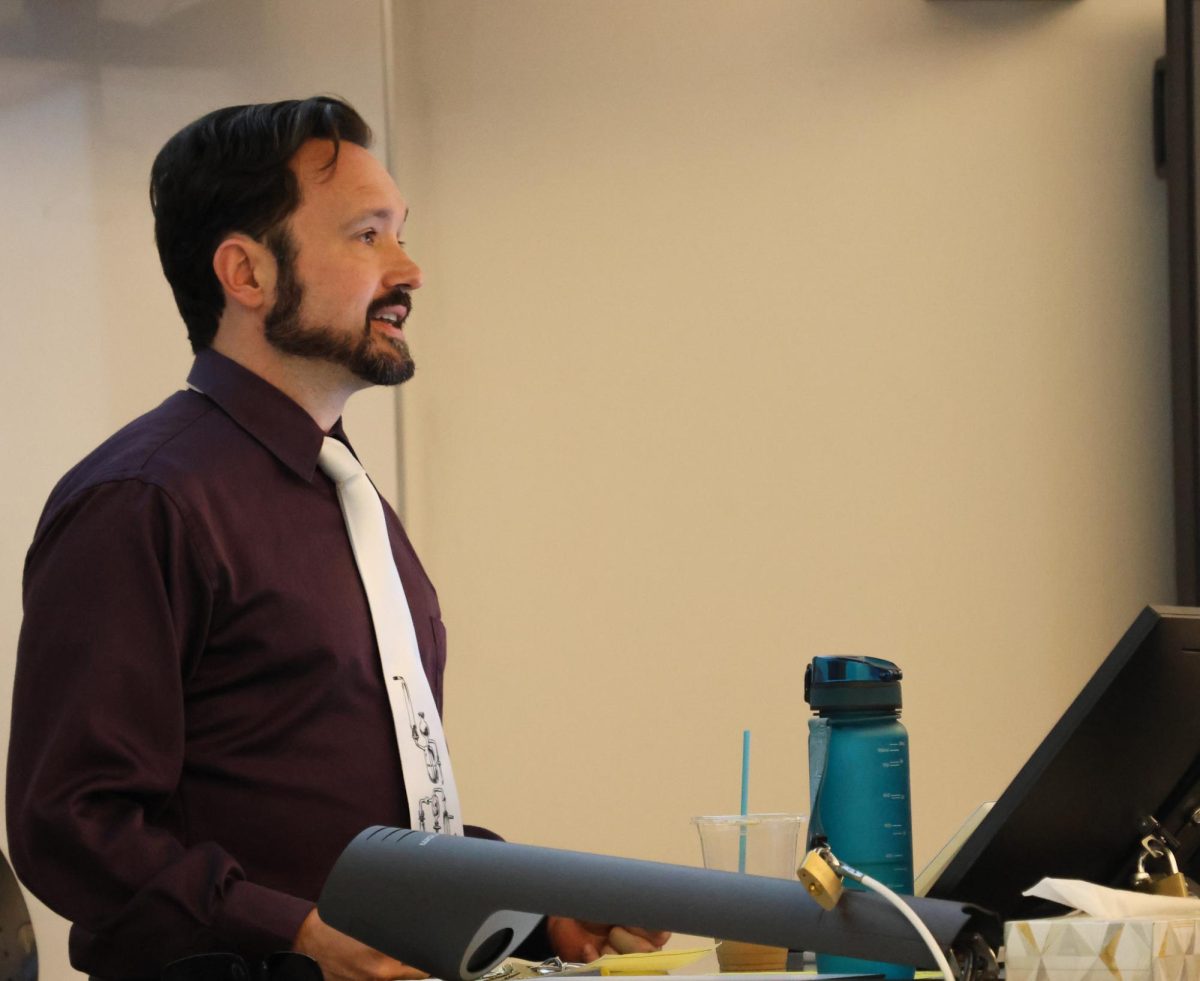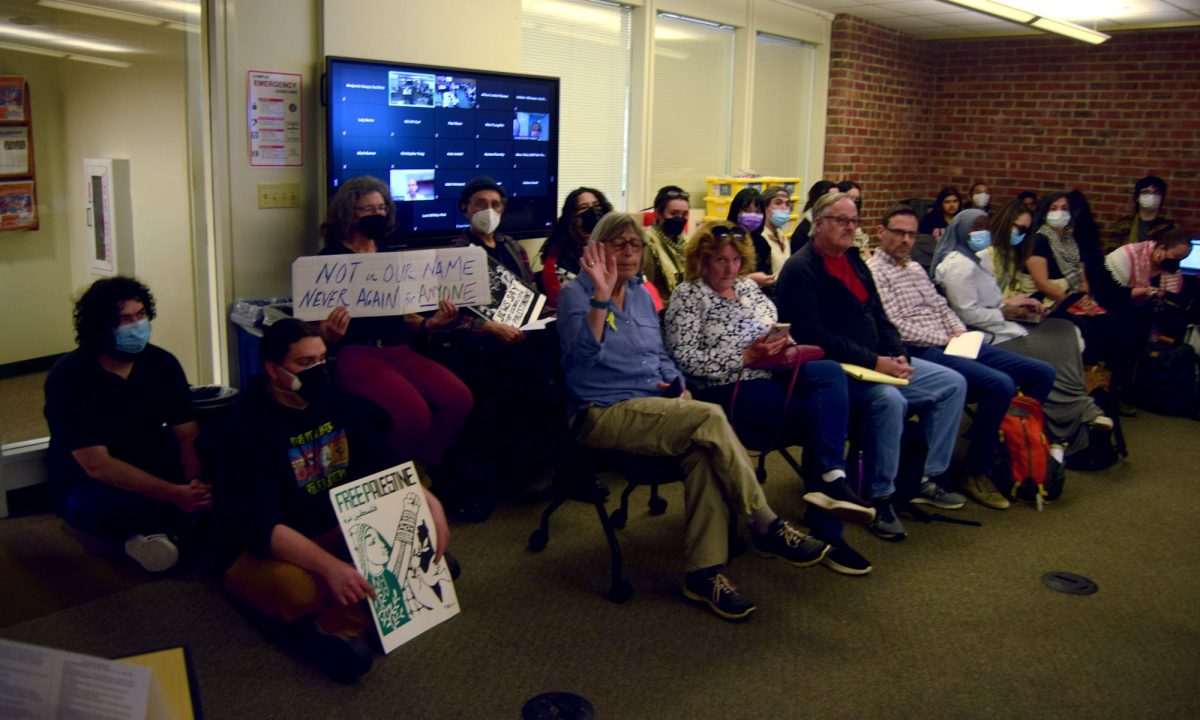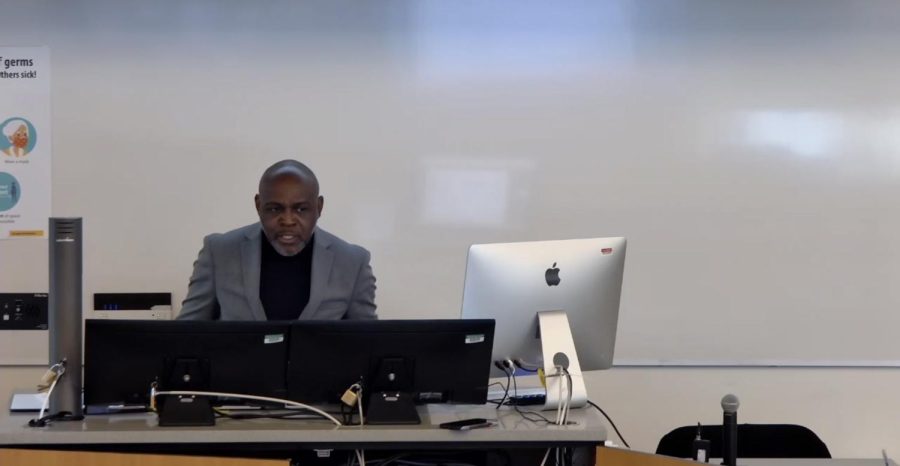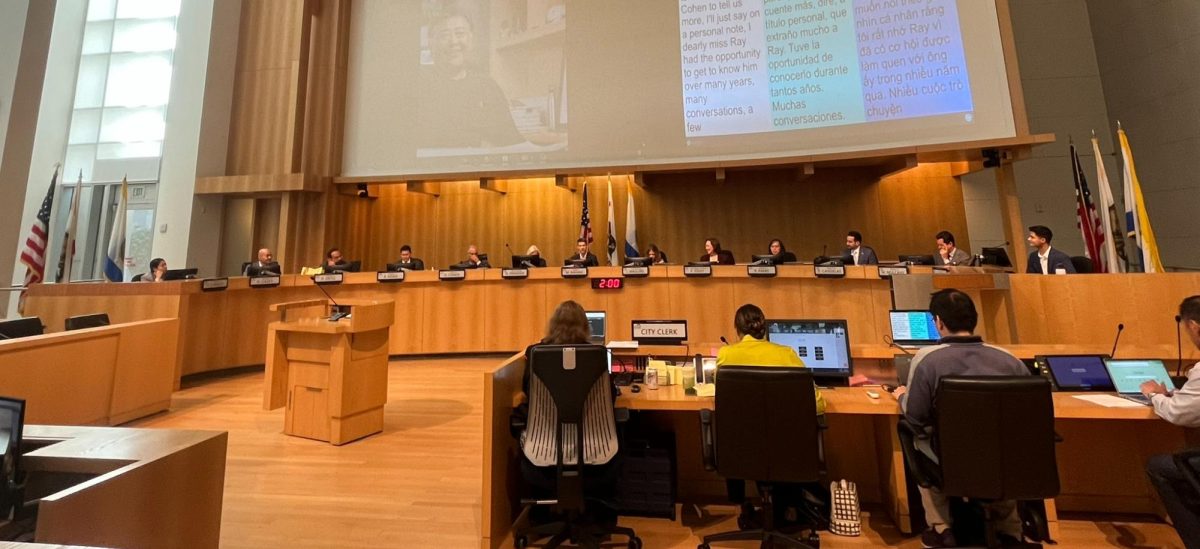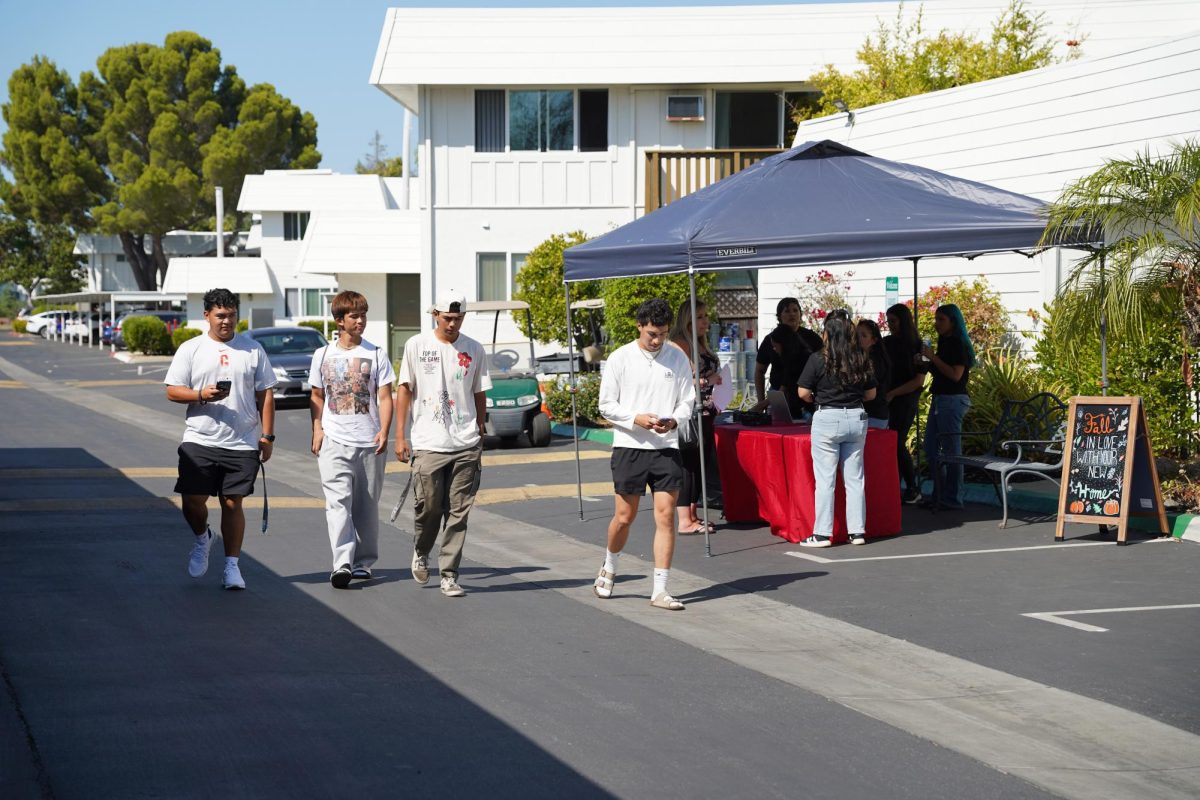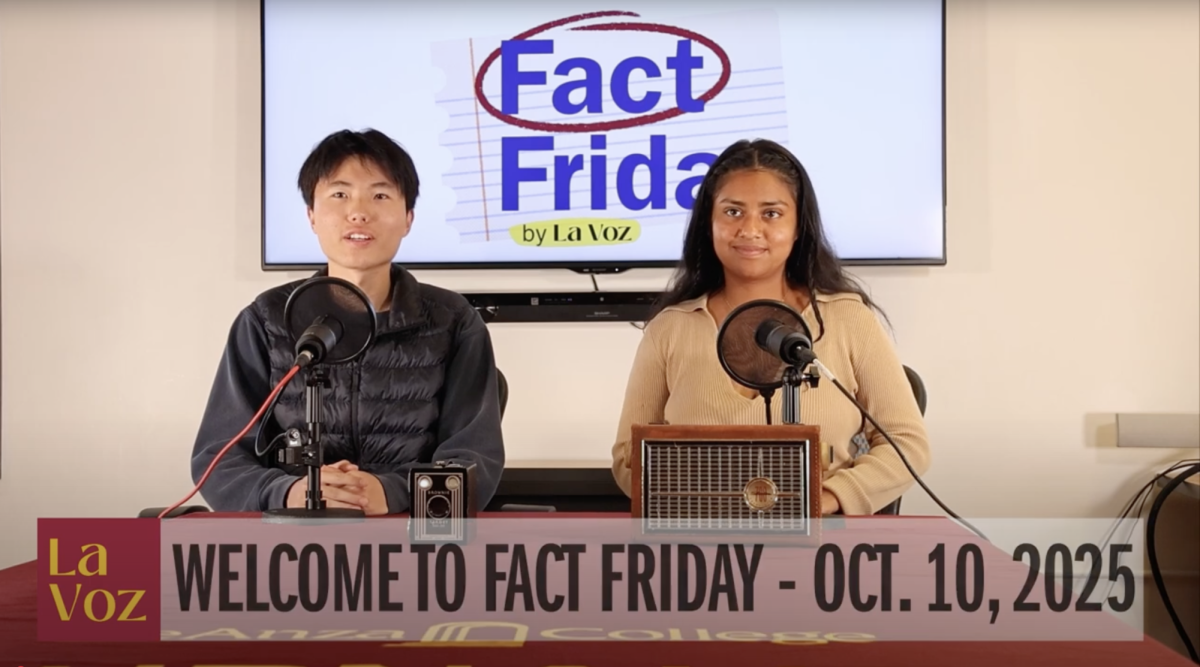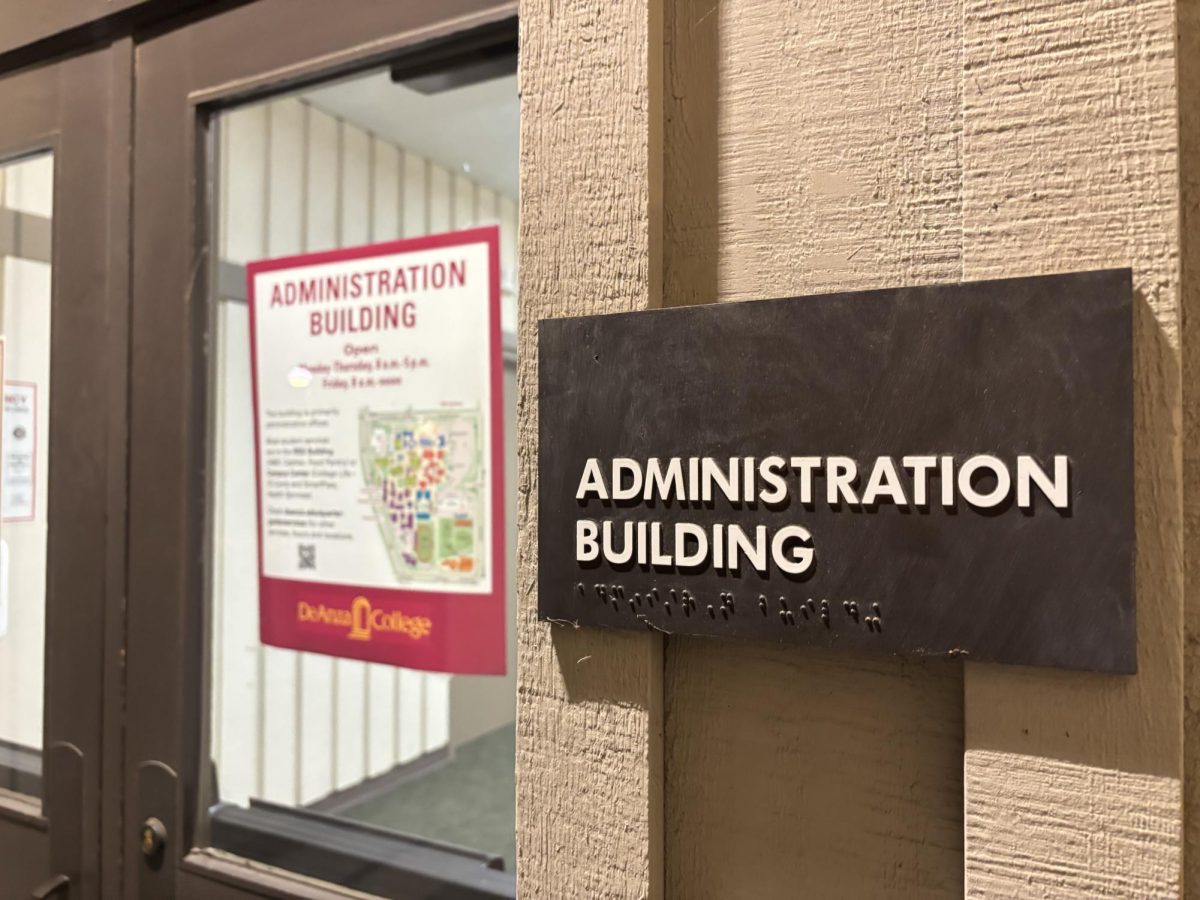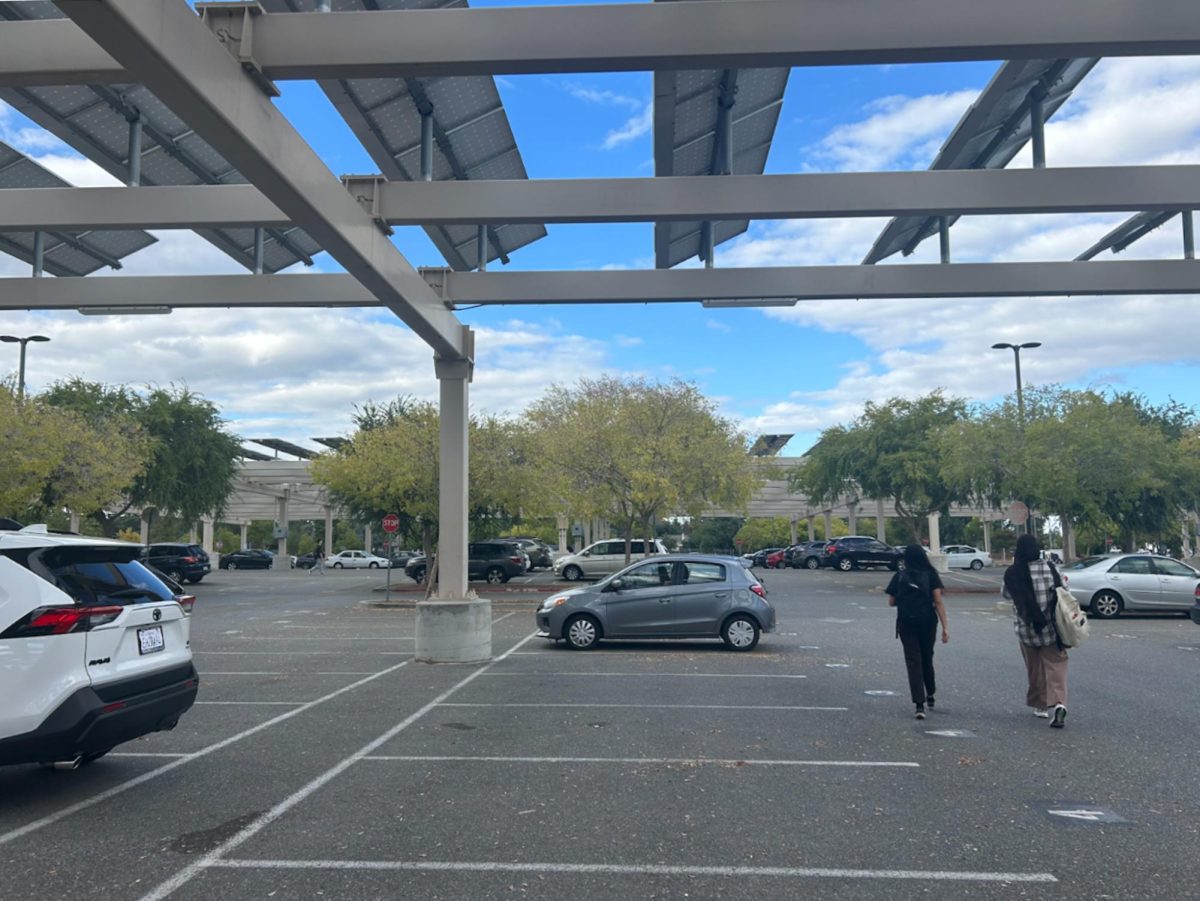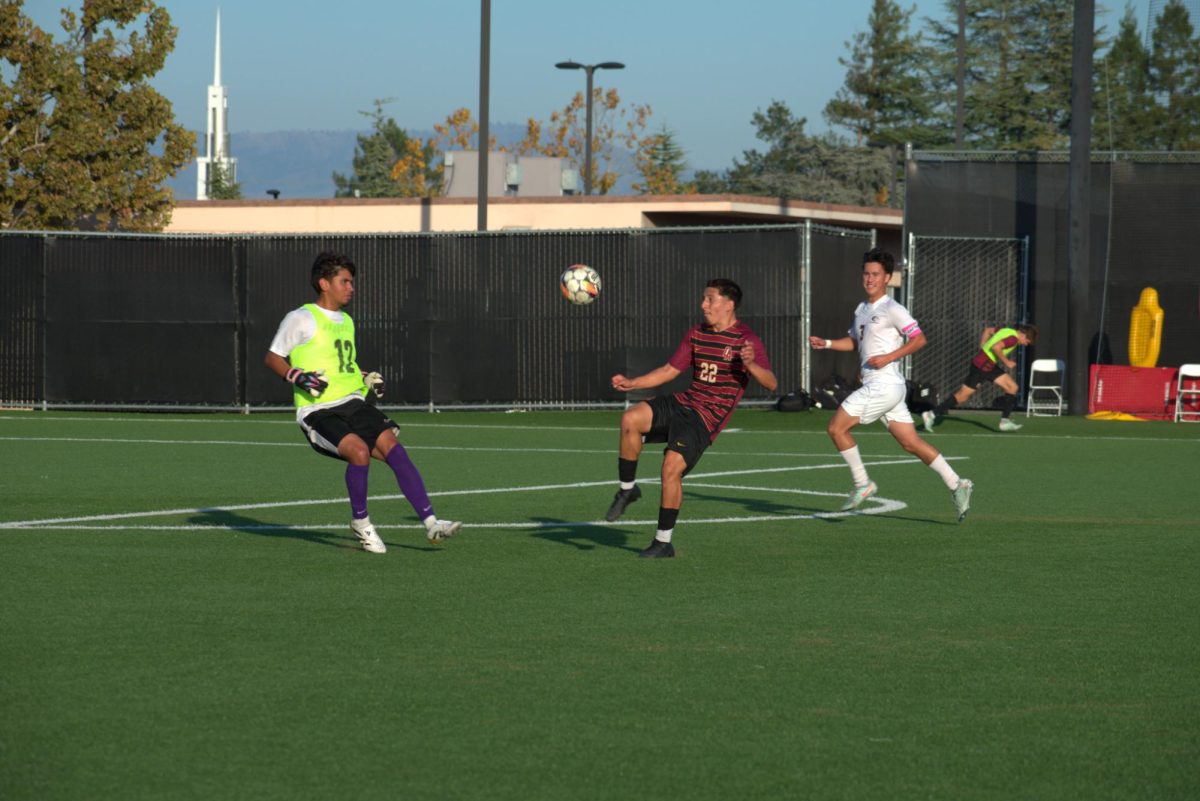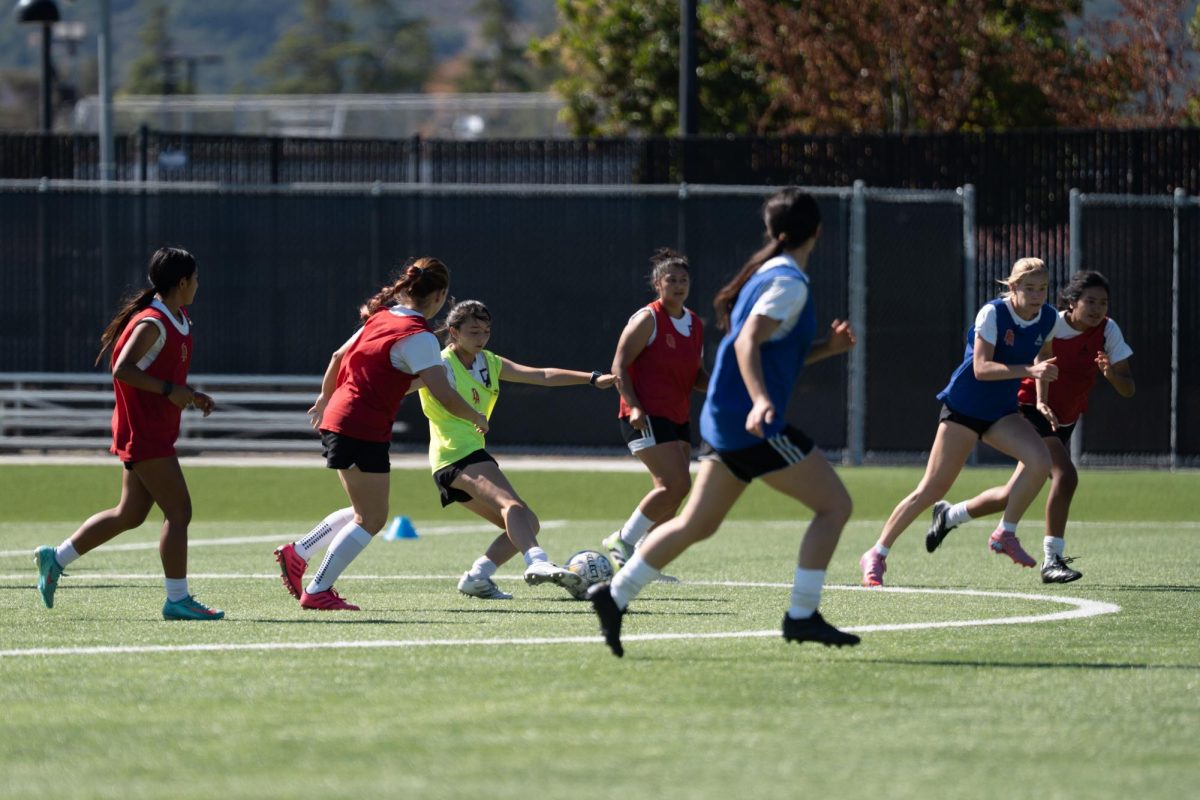De Anza College’s Rising Scholars program, which aims to aid formerly incarcerated students and those impacted by the criminal justice system, won enough Academic Senate votes to prioritize course enrollment to tier 1B.
On June 3, the Rising Scholars faculty, advisors and student interns presented their reasoning behind the request for priority registration for classes. Chief among them were barriers of entry that the students face in fulfilling transfer requirements, degree completion, retention and outreach.
Jesus Ruelas is the counselor for Rising Scholars and believes the least that can be done is to offer priority registration.
“A lot of the students are either working in the morning or working at night,” said Ruelas. “Their schedules can be very specific. Some of these students are still going through court dates.”
Aurelio Cardenas, history major, Rising Scholar and MLK Internship recipient at Stanford University, believes that priority registration is necessary, especially since many students struggle with the processes of registration.
“We’re trying to figure it out,” says Cardenas. “Some of us are just on there clicking on things, adding our names to classes, removing our names because we don’t know.”
Nazy Galoyan, dean of enrollment services, explained the application process for potential Rising Scholar is a vulnerable experience. Application questions asking students to self-identify are carefully thought out.
The number of Rising Scholars has been dwindling since its commencement at De Anza College two years ago through a state-funded grant.
“I think it’s important to see the numbers,” said Galoyan. “In Fall 2023 we had 27 Rising Scholars, all the students were Verified. In Winter, decreased numbers dropped to 20, and (this) Spring we have exactly 15 students.”
At De Anza College, part-time Rising Scholars are not eligible for many of the state funded resources such as Extended Opportunity Programs and Services and Cooperative Agencies Resource for Education due to full-time student requirements. This quarter there are 25 part-time Rising Scholars.
Jim Nguyen, faculty advisor of Rising Scholars and political science instructor, said that one of the problems with student retention is due to other community colleges offering priority registration.
Mary Donahue, Academic Senate member with 10 years of experience working in juvenile detention facilities, agreed with granting priority registration to Rising Scholars.
“The recidivism is such a big deal,” says Donahue. “If they’re going to come to college, they ought to get a couple of extra breaks, we do it for athletes.”
The Academic Senate passed the proposal to grant Rising Scholars priority registration tier 1B with applause and without any objections.



